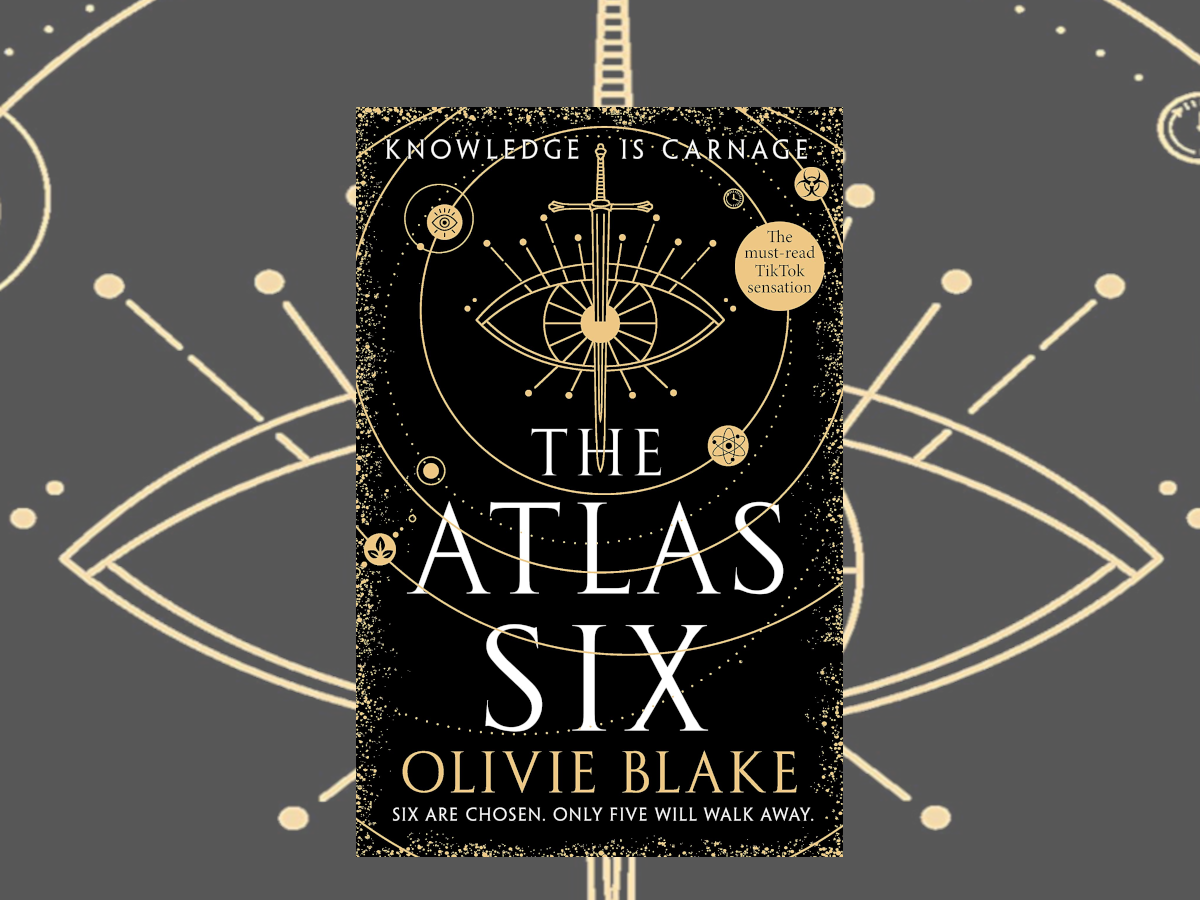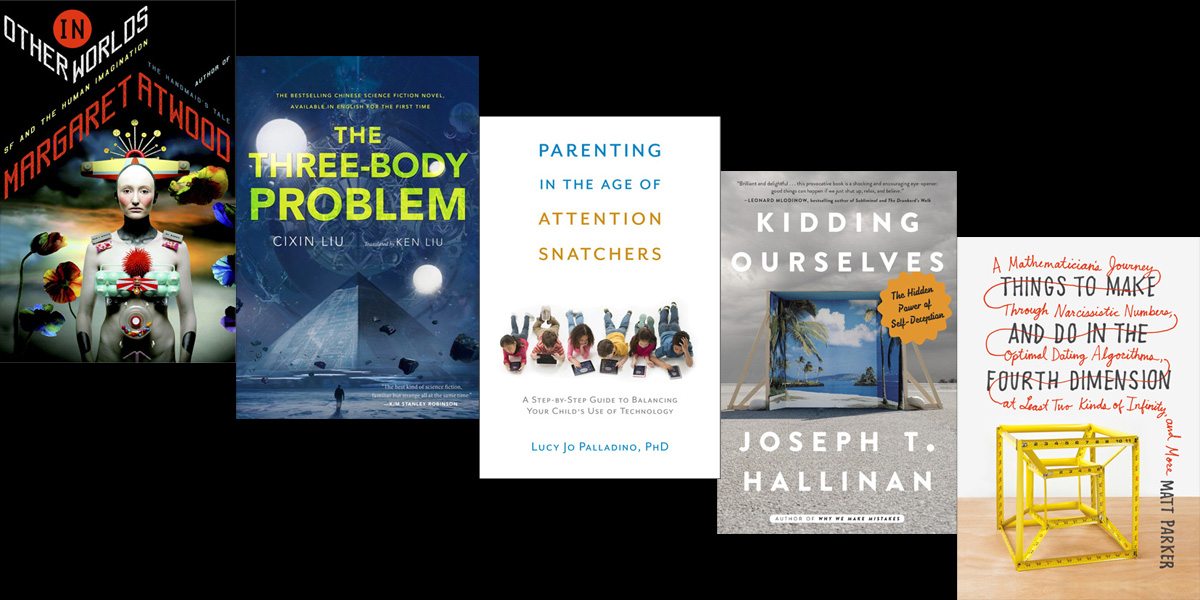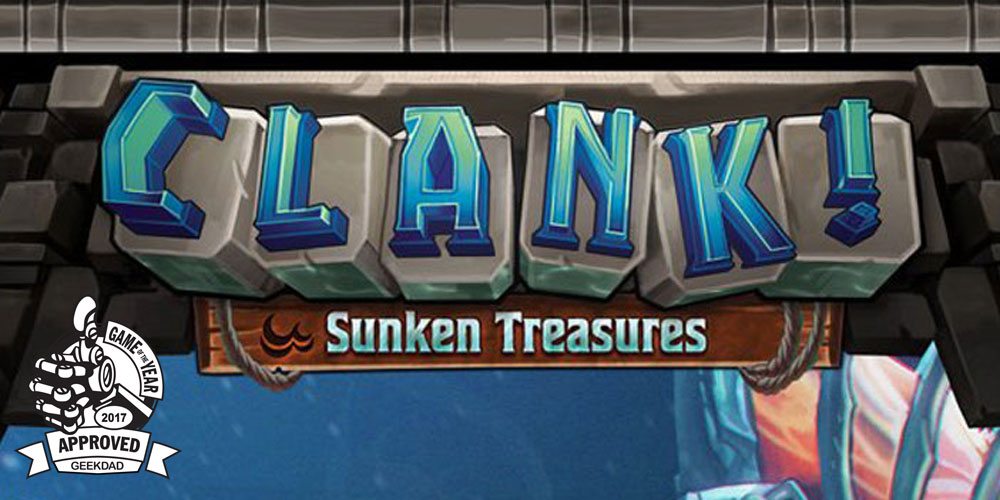“Six Are Chosen. Only Five Will Walk Away” is the tagline for The Atlas Six. Which, on reflection, is an anticlimactic statement. “One will walk away,” would be far more Hunger Games. I was sold on the Atlas Six by marketing speech: “TikTok Sensation,” “Seven Way Auction,” and “Must Read Fantasy Novel of the Year” were superlatives far too great for my impressionable mind to cope with.
With excitement, I settled down to read. Would The Atlas Six live up to the hype?
What Is The Atlas Six?
If Donna Tartt’s Secret History was mixed with Harry Potter, you’d expect the result to be something rather like The Atlas Six. This is why it’s a “fantasy must-read.” I found it extremely reminiscent of Lev Grossman’s The Magicians. The Atlas Six is the first in a trilogy of novels.
Set in an alternate world where magic sits alongside the normal world, 6 “medeian” (people who can use magic) are chosen to gain access to the fabled Library of Alexandria. (We learn, as the novel opens, that the burning of the library was no accident. It was destroyed so its texts could be hidden.) They’re led to a cozy-appearing location, that’s not too dissimilar to an Oxford college, where they will study magic and learn about the library. The first year is essentially a post-graduate course in magical exploration.
The novel’s narrative switches between the 6 chosen medeian’s points of view. We learn about each person, their motivations, personalities, and the way in which their magic manifests itself. All have been chosen because they are at the pinnacle of their field. To be honest, between the six of them, they have very few redeeming features. Great power may be better coming with great responsibility, but as we all know, it rarely works out that way.
From the tagline, we can glean that something bad is going to happen to one of the six medeian, but for much of the novel, we’re learning about how magic works, the internal power plays amongst the applicants, and who fancies who. As we read, we feel rippling undercurrents of discontent and learn that all is not as smooth as it could be inside the Library.
Why Read the Atlas Six?
I don’t very often do this, but I’m going to start with two things that I didn’t enjoy about the novel. First up, not a great deal happens. This is very much like The Secret History. There is an amount of hand-wringing and navel-gazing, lots of conversation, some inevitable campus sex, but very little action. There is a definite ramping up of tension, at the knowledge that one of the players is going to die, but to be honest, I found myself wishing someone would drop dead already.
Second, there is something of a Deus Ex Machina reveal towards the end of the novel. The Library is (more or less) a sealed system. The conflict comes from within. Somewhere in the last 100 pages, there is a “surprise” reveal that the system was not as sealed as we thought. This irritated me as I felt cheated that the author didn’t have to solve the internal conflicts she had created in the rest of the book. Having said that, those conflicts will need some resolution in book two AND the newly revealed external factors certainly make the overarching plot intriguing.
All in all, then, we took a long route but we did arrive at a very exciting place.
Is It Worth the Journey?
This strikes me as a novel for fans of Jonathan Strange and Mr. Norrell, The Discovery of Witches, and possibly even Robertson Davies’ Deptford Trilogy, as well as, of course, the aforementioned Magicians trilogy from Lev Grossman.
The above are all novels that are rich in setting and character. They’re slow-paced novels. If you want to learn everything about your characters and are fascinated by the internal workings of a magical coven, then The Atlas Six is definitely a novel for you. If you’re interested in a well-worked and intricate magic system, then you should definitely read this book too.
I enjoyed that magic is not otherworldly and fantastic in The Atlas Six. It is of this world, yet still “magic.” There is an overlap between magic and science. It is a modern discipline, not all dredging up dusty texts. (Though there is some of that; it’s the Library of Alexandria after all.) Magic in The Atlas Six requires research and investigation. It’s not acquired through reading ancient languages but through discussion and experimentation both thought and practical. The novel depicts magic as a relevant, modern, academic subject, and I found this interpretation intriguing.
The characters in this book aren’t terribly nice people. They’re all largely after the power that membership of the Library can give them. Despite the fact that you probably wouldn’t want to be friends with any of them, they’re still interesting people, especially when you take into account that each of them has a unique and powerful magical talent. The Atlas Six is all about the interplay between these characters and their two “teachers,” Atlas and Dalton. It’s about how they interact with library protocols and how they each deal with the revelation that in order to proceed to the second year, one of them has to die.
Is the book worth the hype? On this showing alone, possibly not. But The Atlas Six is a beginning—one assumes that the “seven-way auction” was based on some knowledge of the overall story. By the end of the book, we’ve met some fascinating people and been introduced to at least two fascinating power plays. Events inside and outside the Library are going to come to a head, and I definitely do want to find out what happens next. After completing my induction, I want to see what The Atlas Six are capable of.
If you’d like to pick up a copy of The Atlas Six you can do so here in the US, and here in the UK. (Affiliate Links)
If you enjoyed this review, check out my other reviews.
Disclosure: I was sent a copy of this book in order to write this review.




